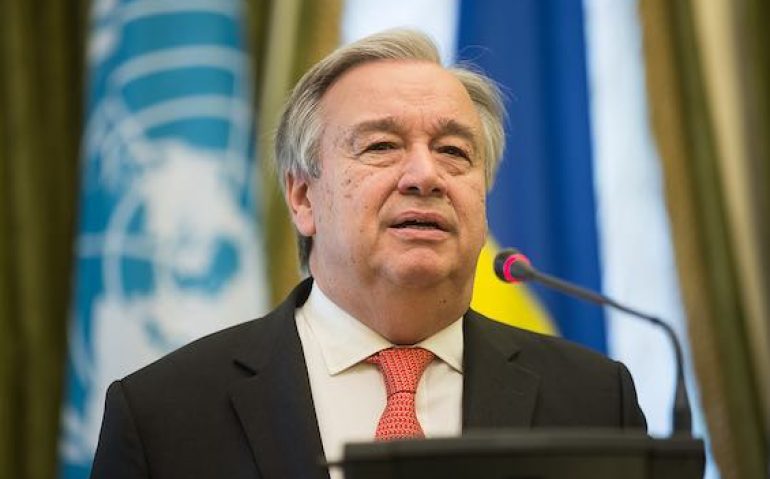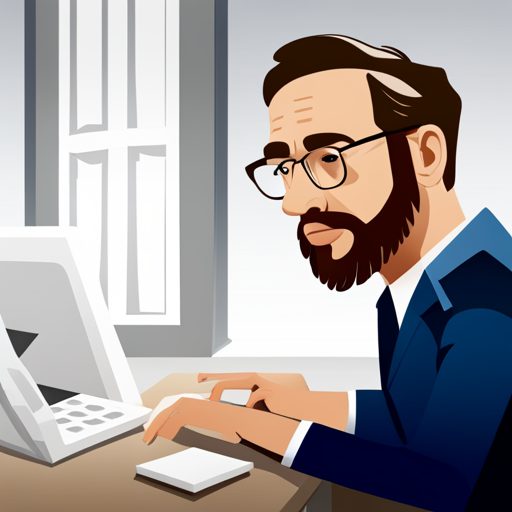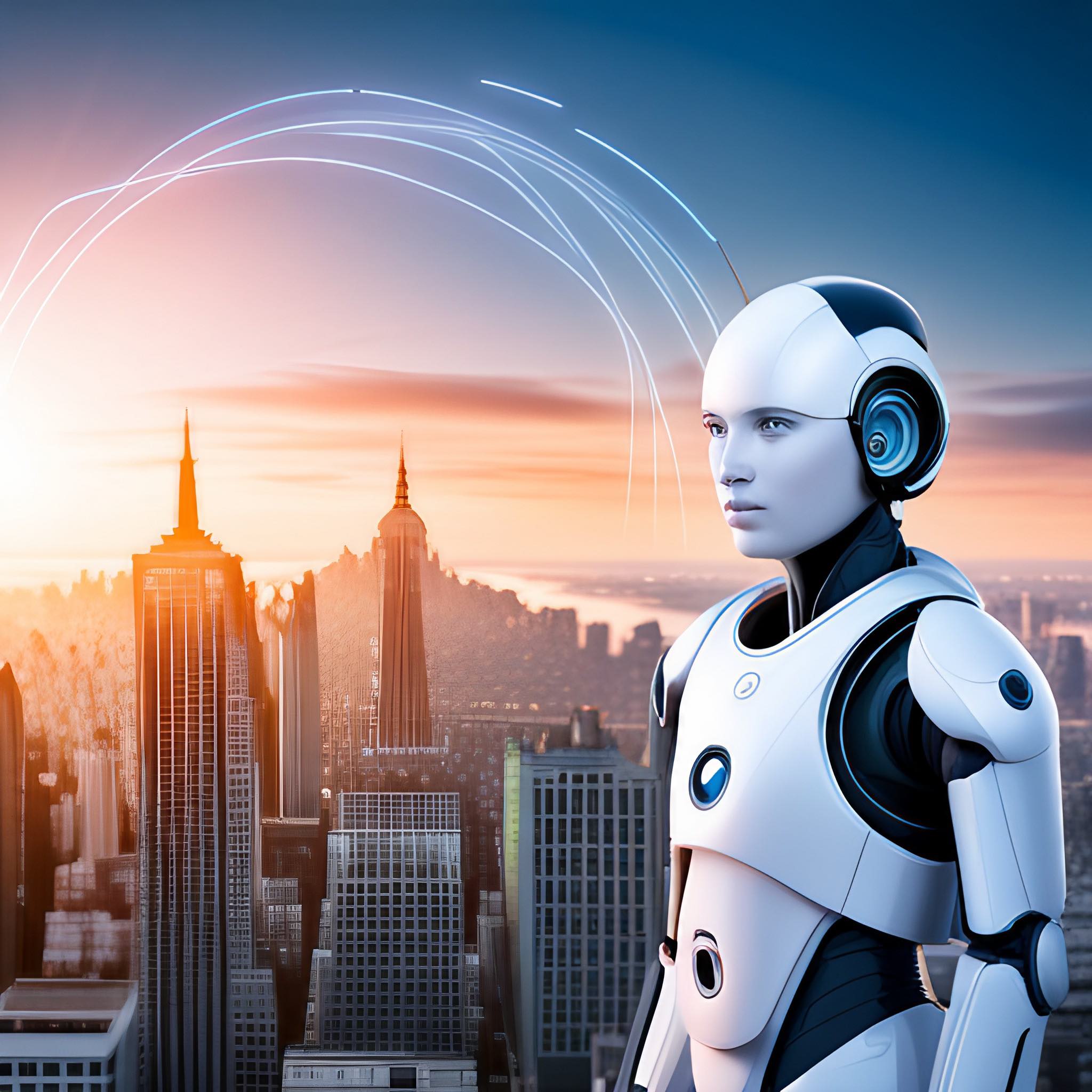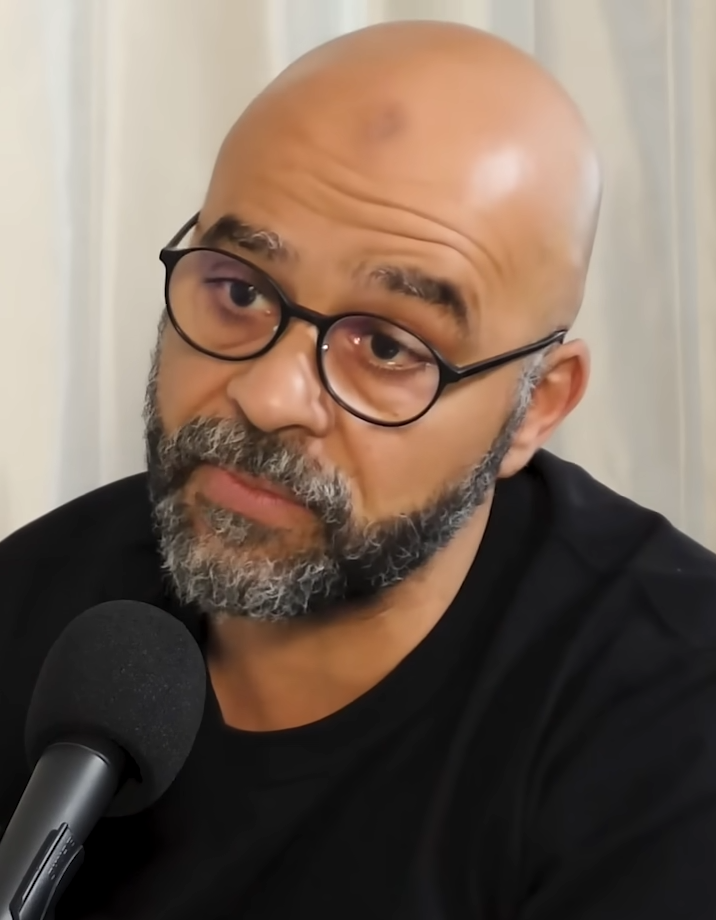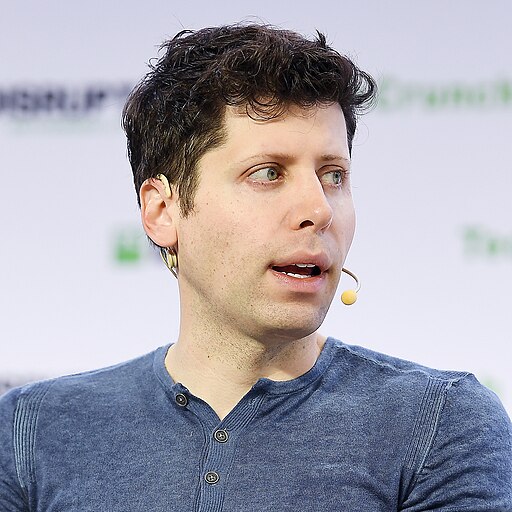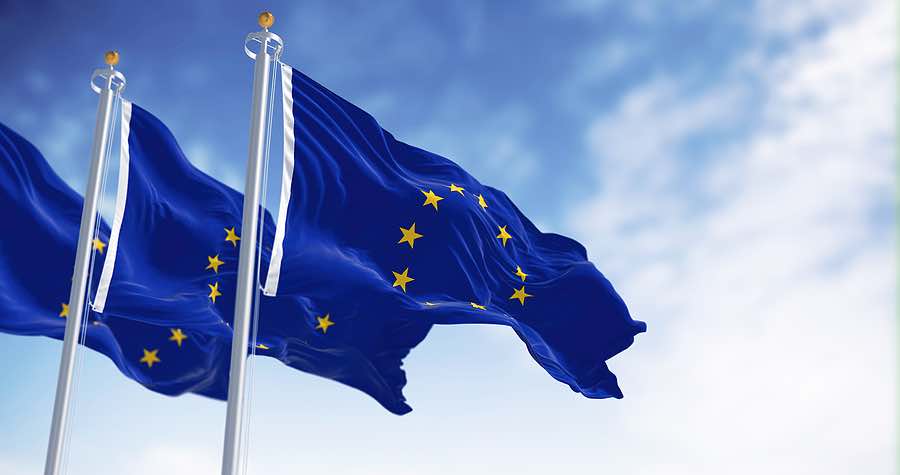In a groundbreaking development, the United Nations Secretary-General, António Guterres, has expressed his support for the establishment of a global artificial intelligence (AI) watchdog, drawing inspiration from the International Atomic Energy Agency (IAEA). Guterres endorsed the proposal put forth by AI industry leaders, emphasizing the urgent need to address the potential risks associated with the rapid advancement of AI technologies.
The UN Chief’s statement came as a response to growing concerns over the emergence of generative AI, a technology that has raised alarm bells among its very creators. Guterres acknowledged the gravity of the situation, stating, “Alarm bells over the latest form of artificial intelligence – generative AI – are deafening. And they are loudest from the developers who designed it. We must take those warnings seriously.”
The UN Secretary-General’s endorsement of a global AI watchdog signifies a significant step towards establishing comprehensive governance mechanisms for AI technologies. Drawing parallels with the IAEA, an intergovernmental organization that promotes the peaceful use of nuclear energy, Guterres suggested the creation of a similar agency to oversee AI advancements.
Guterres explained, “I would be favorable to the idea that we could have an artificial intelligence agency… inspired by what the international agency of atomic energy is today.” By proposing the formation of an AI-specific agency, Guterres seeks to ensure that the development, deployment, and application of AI technologies adhere to ethical standards and avoid potential risks.
The International Atomic Energy Agency, established in 1957 as an autonomous organization within the United Nations system, serves as an essential regulatory body to prevent the misuse of nuclear energy for military purposes. Governed by its own founding treaty, the IAEA reports to both the UN General Assembly and the Security Council.
Guterres envisions an international AI watchdog with a similar structure and authority, responsible for overseeing AI research, development, and deployment on a global scale. Such an agency would provide guidance, establish standards, and enforce regulations to mitigate potential risks associated with AI technologies, including issues related to privacy, cybersecurity, bias, and accountability.
The endorsement by the UN Chief reinforces the urgent need to address the ethical implications and potential dangers of AI. As AI continues to advance and permeate various aspects of society, the establishment of a global AI watchdog can serve as a proactive measure to ensure the responsible and beneficial development of AI technologies.
While the specific details regarding the formation and mandate of an AI watchdog are yet to be determined, Guterres’ support lends credibility and momentum to the proposal. The international community, along with AI industry leaders and policymakers, should now engage in collaborative discussions to define the scope and structure of such an agency, allowing for a balanced approach that encourages innovation while safeguarding human rights and societal well-being.
The path toward a global AI watchdog is undoubtedly complex, requiring the involvement of multiple stakeholders, including governments, industry leaders, researchers, and civil society organizations. However, with the UN Chief’s endorsement, the vision of establishing a regulatory framework for AI technologies takes a significant stride forward, offering hope for a future in which AI benefits humanity while avoiding potential risks.
As AI technologies become increasingly prevalent, the call for robust governance mechanisms grows louder. The proposal for a global AI watchdog, backed by the UN Chief, highlights the necessity of collaborative efforts to shape the trajectory of AI development, ensuring it aligns with human values, ethics, and the broader objectives of global well-being.

